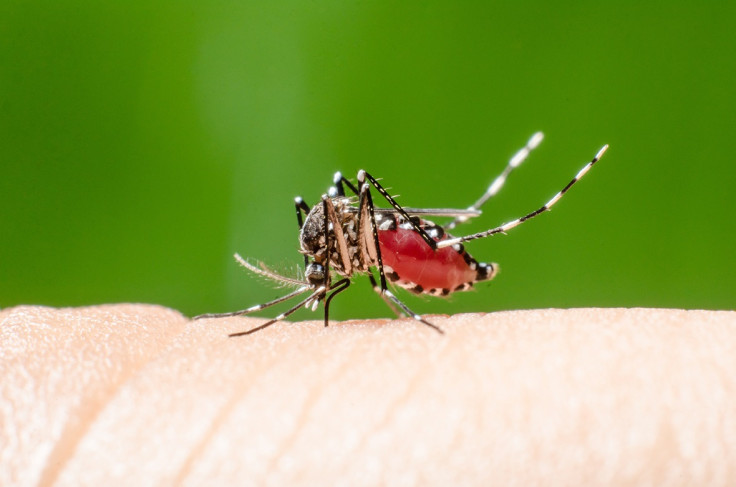Malaria: Experimental vaccine shows promising results for long-term protection

A new experimental vaccine against malaria has shown some effectiveness. Known as the "PfSPZ vaccine", it offered long-lasting protection to a small group of volunteers.
Scientists have tried for many years to come up with a vaccine against the disease, with limited success. The best candidate so far, the RTS,S/AS01 vaccine, has successfully completed a phase 3 testing. The problem is that its efficiency is short-lived and it lacks efficiency at protecting people in the long-term.
In this new study, published in the journal Nature, scientists have tested another type of vaccine on a small number of participants to "investigate alternative vaccination strategies that confer long-lasting sterilising protection".
Radiation and parasites
The experimental PfSPZ vaccine is developed by Sanaria Inc with support from the US National Institute of Allergy and Infectious Diseases (NIAID).
It is composed of live P. falciparum sporozoites — the early developmental form of the malaria parasite - previously weakened by radiation. The idea is that such parasites do not persist in the body for long, but their presence creates an immune response. Past research had showed the vaccine to be highly protective three weeks after immunisation, but here scientists examined whether protection could last up to a year.
They enrolled a group of 101 healthy volunteers, including 57 vaccine recipients, 32 controls with controlled human malaria infection and 12 backup controls. They were exposed in the lab to a controlled human malaria infection. The vaccine recipients were divided into different groups to assess the roles of the route of administration, dose, and number of immunisations in conferring short and long-term protection against the infection.
The scientists found out that intravenous administration rather than injection in the muscle was more efficient and provided good protection in the short-term to vaccine recipients.
To assess long-term protection, the researcher then gave four intravenous doses to 11 participants and monitored them over a 59-week period. More than half of them appeared protected at three weeks, six months and a year after being given their final vaccine dose.
Further research
These are only the results of a phase I clinical trial, so further research will need to be conducted. Still, it is the first clue that potentially interesting alternatives to the RTS,S/AS01 vaccine may exist.
Malaria control measures and anti-malarial treatments have significantly reduced the number of cases in the past decades, but around 3.2bn people are still at risk of developing the disease. The efforts to come up with different vaccine options are an important step in eradicating malaria for good – especially as resistance against other therapies are growing.
"Malaria remains one of the most devastating diseases in the world, especially among young children in Africa," concludes NIAD director Anthony S. Fauci. "A malaria vaccine that provides long-term protection is urgently needed to reduce mortality and eliminate transmission. This study is an encouraging step forward in our goal to control and ultimately eradicate malaria."
© Copyright IBTimes 2025. All rights reserved.





















